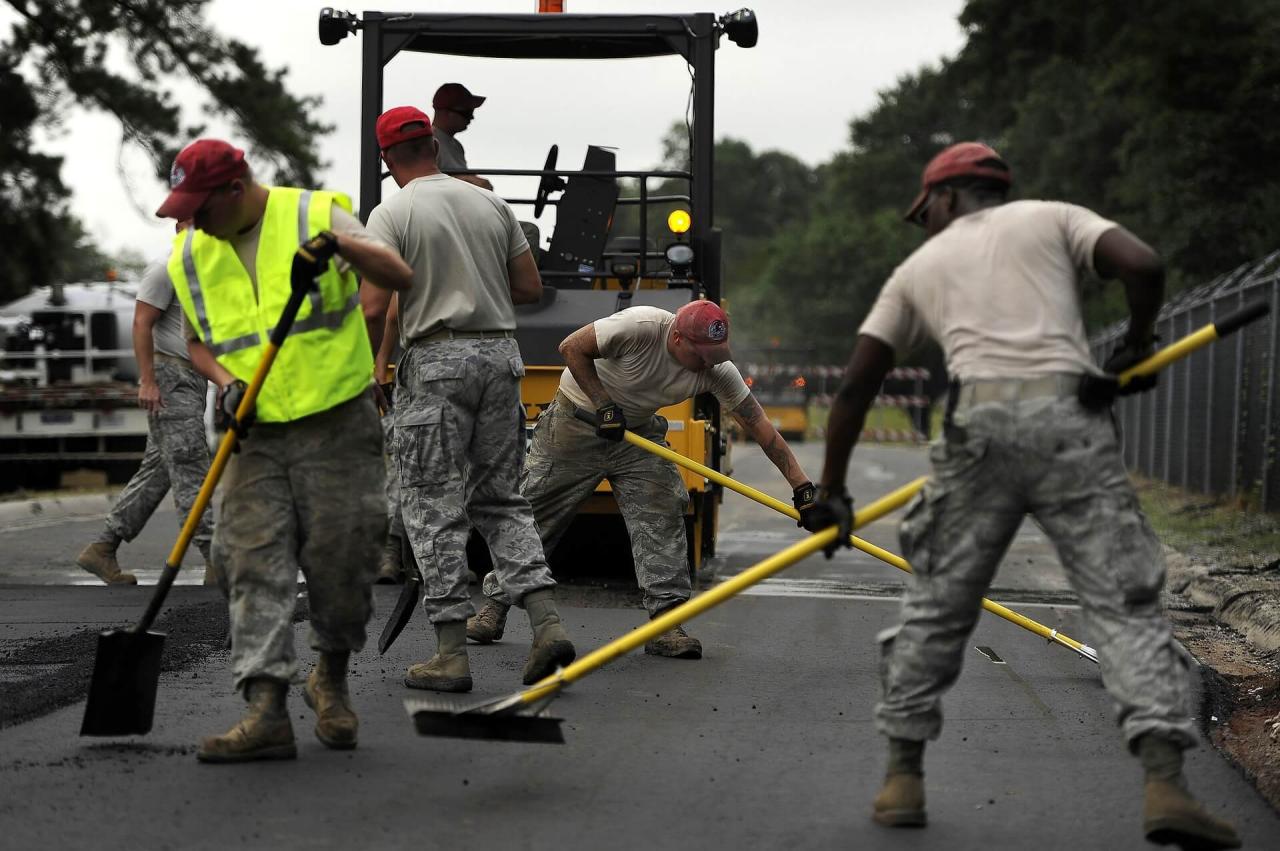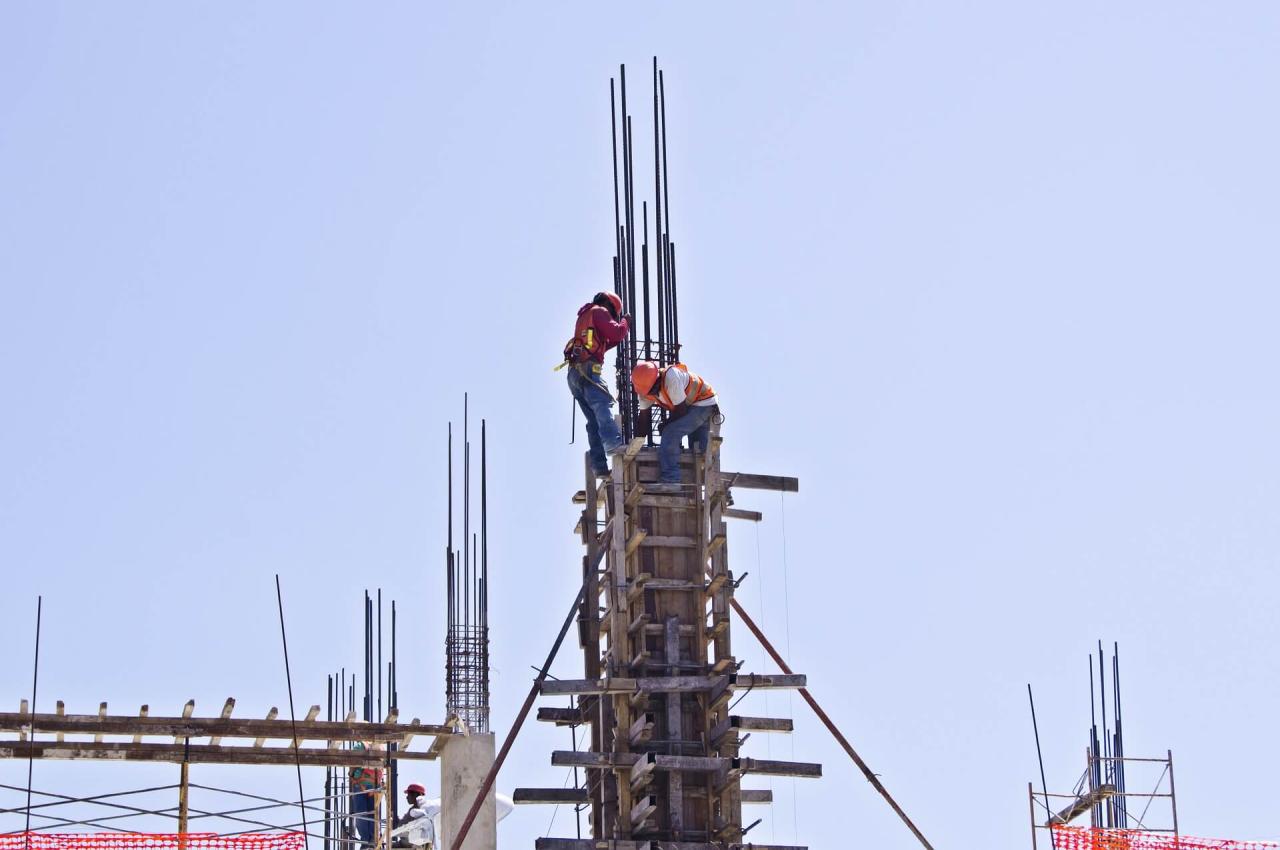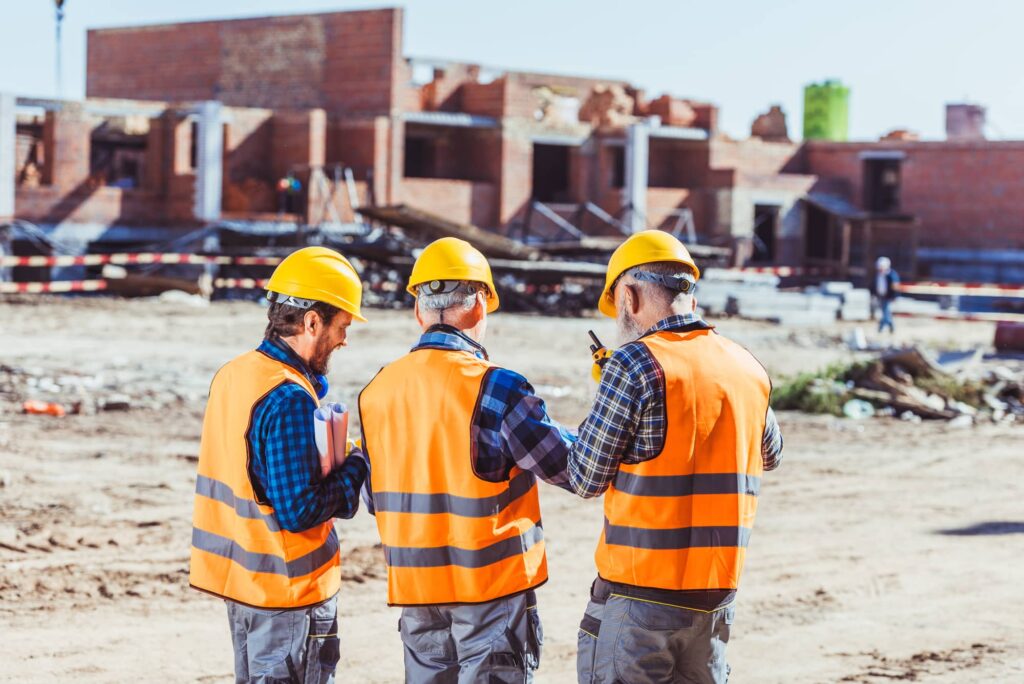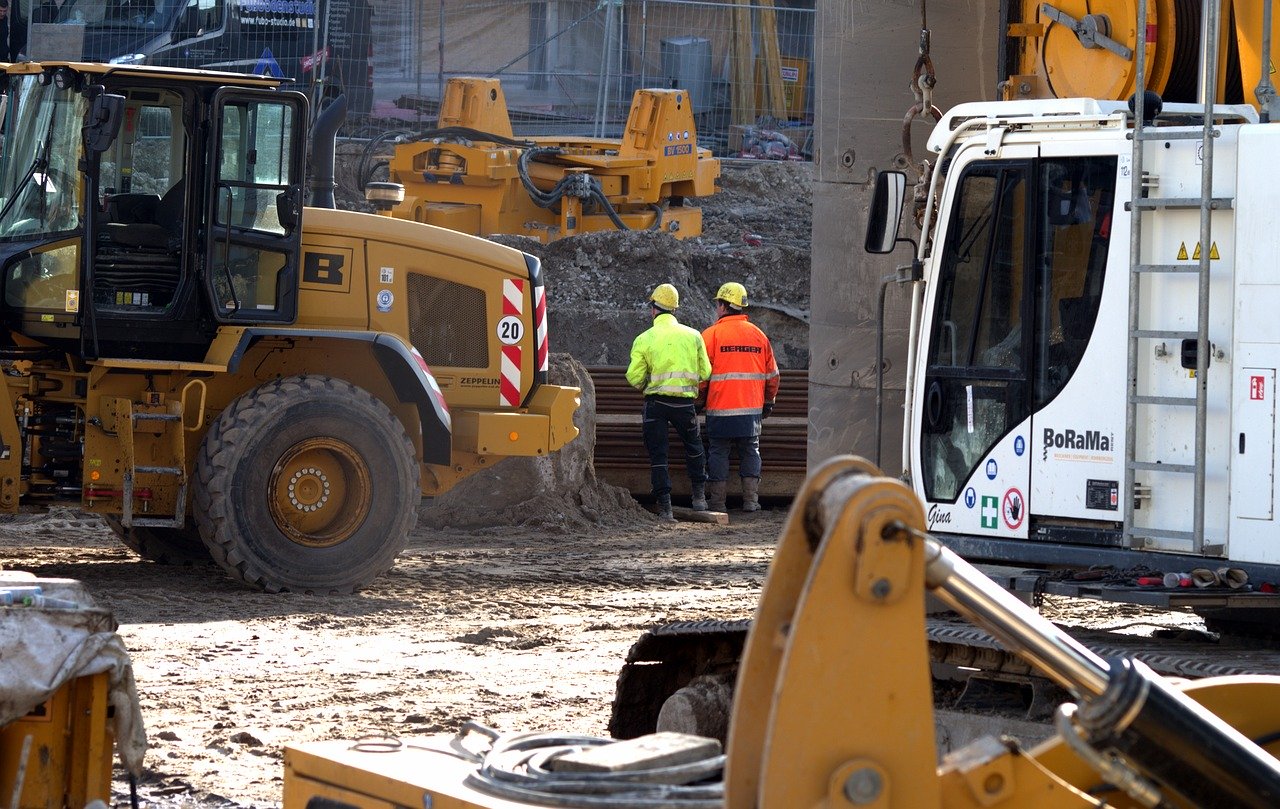In the industry of commercial construction, maintaining relationships is vital for business. Transparency, trust, and communication create an effective work environment and on-going business transactions with well-maintained relationships in all aspects of the business. Whether it is clients and developers who are looking for someone to complement their vision, professional partners like architects or engineers that are collaborating on a project, or subcontractors that are hired for their expertise—none will be functional without the right upkeep.
Transparency with Clients
In any relationship, purpose is important. If there is no goal, or the goal is not seen eye-to-eye, the relationship is lost and ultimately useless. When sitting in on an initial project meeting, keep in mind what the main goal of your partnership is and how to most efficiently reach it together. By the end of that first meeting you should have the answer to these questions—it will begin the transparent relationship that should continue throughout your partnership.
In any commercial construction project, the transparency should follow through the bidding process and fanatical project management, which will further develop a trustworthy relationship. But before those stages are met, projects should be chosen carefully. Know where you fit best and watch your company grow from repeat clients.

Often times, companies can meet the needs of their clients. However, it is important to be aware when you are not the right fit; in other words, you do not have the experience or resources to meet the client’s vision for the final product. Some companies realize that the needs of the client are the number one priority, and believe that honesty is the best policy. For example, Greg DeJohn, President and CEO of GSD Contracting, relates just such a situation involving a non-profit theatre group:
“Despite successful fundraising and a well-articulated project plan, we felt that this group’s building would come up short no matter how much money was invested in improvements. At the risk of losing the business, we suggested that they approach developers to sell their land and building and start fresh in a different location. They took our advice and never looked back. Yes, we lost a project for ourselves, but we did the right thing for the non-profit and the community.”
Read also here: Top 10 great benefits of using construction scheduling software
In this instance, transparency led to the loss of a project, but in the end it works for all parties. The general contractor does not earn an undesirable reputation by the inability to follow through on a project. Instead, their reputation is heightened because of the ability to communicate honestly, and the company is able to move on to find a location that is a better fit for the project. This may even lead to a future project with the non-profit when a new location is identified.
Trust with Professional Partners
In working with professional partners such as architects, designers, and engineers you are bound to come across several personality types. Since general contractors do not usually employ these professionals in-house, there is little control over their schedule or work methods. Some partners will complement your work ethic and some will be challenging to work with. Either way, it is important to trust their process while communicating on budgets and deadlines that need to be met.
If there is a lack of trust, there will often be a lack of communication, which will likely lead to unforeseen obstacles in the project. Time is of the essence in this industry—the more time spent on fixing mistakes, the more money wasted on something that could have been avoided with a simple conversation.
Communication with Subcontractors
When it comes to the day-to-day process on a project, subcontractors play a large role in the progress. Since they are so vital, so is maintaining a long-term relationship. It is better to rely on one subcontractor that you know will get the job done the right way, rather than burn bridges and hire a new, and potentially unreliable crew, with every project.
In some situations, inexperienced general contractors do not have the management skills necessary, which can disrupt a project. There are also times when subcontractors take on too much, leading them to make promises that cannot be kept. Transparent communication on both parts is a sufficient way to keep the potential failure of a project out of reach.
Relationship Advice Across the Board
A general contractor’s relationship with clients, professional partners, and subcontractors requires transparency. With complete honesty from the start, there is a neutral base to work from. With time, the foundation you build together will be a trusting relationship, leading to many successful endeavors together.

Without trust there is nothing. All partners come into the project with the same intention—to create a well-functioning final product, whatever it maybe. Trust your professional partners to get their work done, despite the incompatibility you may have. Trust your client’s vision. Trust your subcontractor’s work ethic. Trust yourself.
Find here: Why Construction News Summit 2017 was a success
Don’t assume; communicate through every step. If you are communicating efficiently, then there is transparency in the words used and trust in what is said. Each member of the team is on the same page at all times. Everyone knows what to work on and when it must be done.
If these factors of a healthy relationship are checked, there is no doubt that the project will be done on time and within budget. There will be no end to the partnership created and future projects to collaborate on.
About the Author: Greg DeJohn is the President and CEO of GSD Contracting




